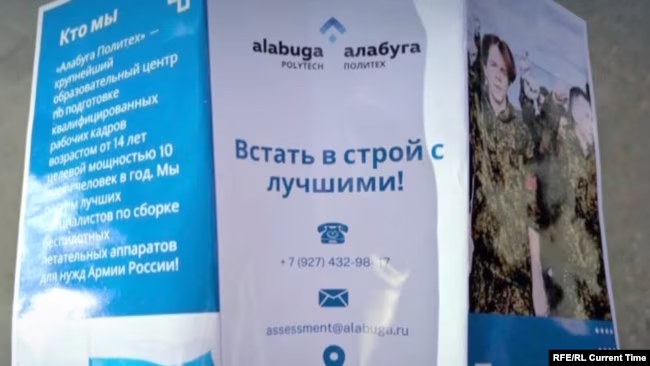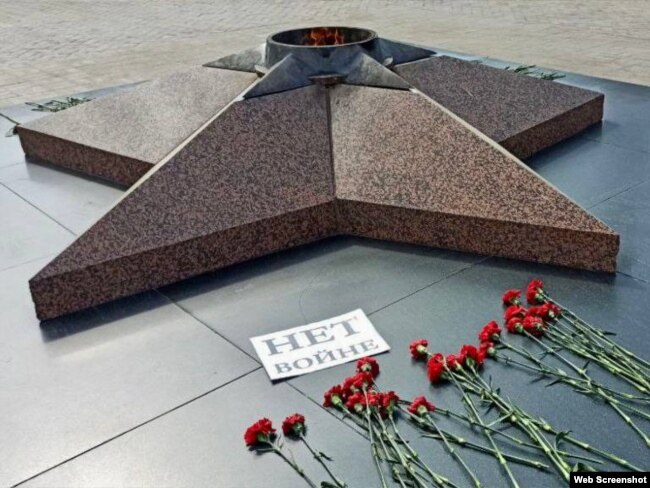Report about the Human Rights violations in Tatarstan
Complied by Tatar rights defender Ilshat Sharafyllin
August 2025
The overall picture
In the Republic of Tatarstan, numerous violations of the rights of the indigenous Tatar population by Russian authorities are being observed and recorded. The most pressing issue is attacks on the national language and education, as well as attacks on representatives of the clergy and the national revival movement.
Cultural and linguistic genocide of the Tatar people
A systematic campaign to eliminate the native language is underway in ethnic Tatar schools.
On September 1st, the Russian Ministry of Education will take effect: the subject “Native Language” and “Literary Reading in the Native Language” will be taught for only one hour a week, rather than two. In schools with a non-Russian language of instruction, the teaching hours will be two hours instead of three. This is formally explained by “sanitary requirements,” but in reality, it is another step toward complete assimilation. This policy is leading to the disappearance of the Tatar language from the lives of young people. Children are growing up in an atmosphere where Tatar is considered unnecessary, secondary, and “a career hindrance.” The same is true of other peoples in Russia—the Bashkorts, Chechens, Ingush, Dagestanis, Buryat, Saha, Chuvash, Udmurt, Karel and others.
Today, it can be confidently stated: the Russian government is deliberately and systematically pursuing a policy of cultural genocide against the Tatars. The Russian Ministry of Education justified the reduction in the number of hours allocated to the study of native languages in elementary grades by sanitary standards:
https://www.idelreal.org/a/sokraschenie-kolichestva-chasov/33494197.html
Tatarstan may approve a unified methodology for government bodies on preserving and strengthening “traditional spiritual and moral values.” Among the priority areas of state policy for “preserving and strengthening traditional values” is “the protection and support of the Russian language as the language of the constituent people.”
https://www.idelreal.org/a/v-tatarstane-mogut-utverdit-edinuyu-metodichku-dlya-organov-vlasti/33503029.html
Exploitation of teenagers in military production, including hazardous ones
In Tatarstan, a shameful campaign to recruit teenagers from Central Asia to work in the military-industrial complex continues. Under the guise of “education” and “career advancement,” young men and women are lured to the Alabuga special economic zone, where they effectively become cheap labor for the production of combat drones, which the Kremlin uses to kill civilians in Ukraine. The Russian occupier has long used Tatarstan as a “showcase” and a bridge for dialogue with the Islamic world. But in reality, the republic has been turned into a staging ground for war. Under the guise of economic development, the Tatarstan authorities are selling not only the region’s reputation but also the lives of other people’s children. They are proving to the Kremlin that they are willing to perform any dirty task to maintain their positions and the opportunity to continue plundering the Tatar people. The facts speak for themselves: representatives of “Alabuga” are freely visiting schools in Kyrgyzstan, distributing advertising brochures with the slogan “Fall in line with the best!” and conducting selection processes through ridiculous online games, all in an attempt to lure teenagers to Russia.

Parents are promised mountains of gold—scholarships, salaries of up to 70,000 rubles, and career prospects. In reality, however, the children face exploitation for the benefit of the Russian military machine. The Tatarstan authorities are drawing the republic into direct complicity in Moscow’s war crimes. By turning Kazan and Alabuga into weapons production facilities, they are endangering the entire people of Tatarstan. After all, any military installation automatically becomes a target. Moscow, meanwhile, continues to cynically use the region as a bargaining chip in geopolitics, exposing the Tatars to attack for the sake of a “great power.”
https://rus.azattyq.org/a/molodezh-iz-tsentralnoy-azii-zamanivayut-v-rossiyu-na-sborku-boevyh-dronov/33499345.html
Violation of digital rights
In August, the Moscow occupation authorities launched a test program to shut down the last islands of freedom through popular and unregulated messaging apps. Roskomnadzor confirmed the blocking of voice calls on WhatsApp and Telegram in Russia. The “partial call restriction” on foreign messaging apps is allegedly being implemented to “counter criminals,” according to Radio Liberty’s Russian Service. Reports of disruptions in voice communication on these messaging apps have been coming in since early August. The publication “Beware, Media” reported the day before that the decision to block was politically motivated and made “at the very top.” It was reported that Russian mobile operators, concerned about declining call revenue, may be lobbying for the block. WhatsApp’s monthly audience in Russia reaches 97.5 million, according to Verstka, while Telegram has 90.5 million users. This represents the majority of the country’s population. The publication reported that authorities are considering blocking apps in the country, including to create a market for the state-backed messenger Max.
https://meduza.io/feature/2025/08/14/blokirovka-zvonkov-v-whatsapp-i-telegram-razozlila-vseh-ot-obychnyh-polzovateley-do-z-bloggerov
Repressions
Court for laying flowers, Zulfiya Sitdikova case
On August 5, the Sixth Cassation Court in Samara returned the case of Kazan activist Zulfiya Sitdikova for a new trial on charges of violating the rules for holding an event (Part 2, Article 20.2 of the Code of Administrative Offenses).

As a reminder, in May 2024, Sithdikova was sentenced to two years’ probation with a four-year probationary period for repeated discrediting of the army (Part 1, Article 280.3 of the Criminal Code) and the rehabilitation of Nazism (Part 3, Article 354.1 of the Criminal Code) due to posters reading “No to War” and “9 waя.” In February 2025, Zulfiya Sitdikova was arrested for 10 days for laying flowers at the grave of murdered politician Boris Nemtsov, accused of “violating the rules for holding an event.” A little later, they decided to punish her again—with a fine of 80,000 rubles under Article 20.3.3, Part 2, for… taking photographs. Meanwhile, the Federal Penitentiary Service is demanding that Zulfiya’s suspended sentence be replaced with a real one for these absurd charges.
https://t.me/resptatar/3248
Fine for the messege to a wrong person for Marat Galiakberov
A Kazan court fined IT specialist Marat Galiakberov 5,000 rubles for Twitter correspondence. According to the court’s ruling, law enforcement and the court deemed the Kazan resident’s private messages to exiled activist Mikhail Pletnev to constitute participation in the activities of the “undesirable” organization Free Russia (Article 20.33 of the Code of Administrative Offenses). However, no criminal messages or intent were found in the correspondence. “I think a year and a half ago, I wrote a private message to Pletnev about the harassment of an opposition-minded woman and attached a screenshot of her account. That’s why I was fined,” Galiakberov told Mediazona.
https://zona.media/news/2025/08/25/frf
